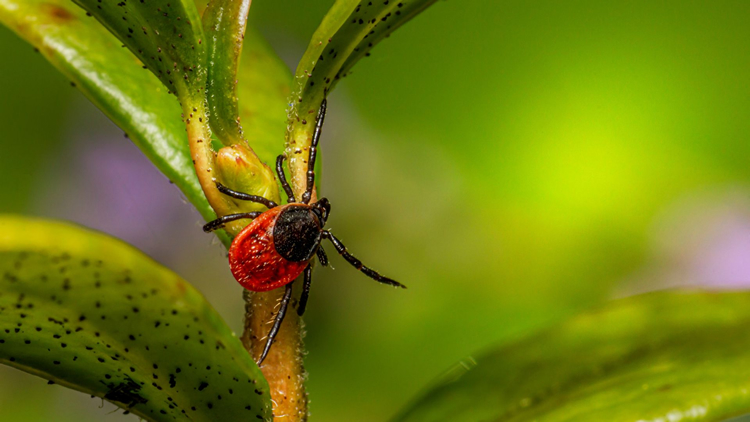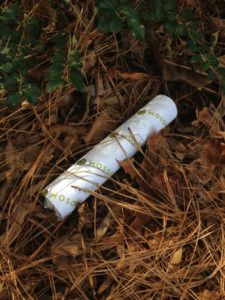Mice are not attracted to tick tubes. Tick control tubes do not act as mice baits.
However, they do rely on ground rodents’ natural foraging and survival habits. Mice are opportunistic creatures and will use available resources to build their nests, and the soft, fluffy material in tick tubes can be appealing to them. When strategically placed, where mice can find them, they will gather the cotton materials from inside the tubes to take back to their nests.

Why choose tick control tubes for your Acton tick control needs?
Acton tick control is not something to be considered lightly. In fact, our area of the United States experiences some of the highest rates of tick-borne illnesses year after year. Professional Acton tick control must be sought out for your home or business. This means tick spraying in the springtime, summer, and early fall. Later in the fall, tick control tubes should be deployed for uninterrupted protection around your property. Tick control tubes are proven to fight tick populations at their source, resulting in fewer emerging ticks each spring.
What exactly are tick control tubes?
Tick control tubes are devices used to control tick populations in outdoor areas, particularly in regions where tick-borne diseases are prevalent. These tubes are filled with treated cotton balls or nesting material that is designed to attract small mammals, such as mice and chipmunks, which are common hosts for ticks in their larval and nymph stages. While tick control tubes are primarily intended to target these small mammals, some people may wonder if tick tubes themselves attract mice. They do not. Add them to your Acton tick control regimen!
Also read: Can cats get Lyme disease from a tick?


